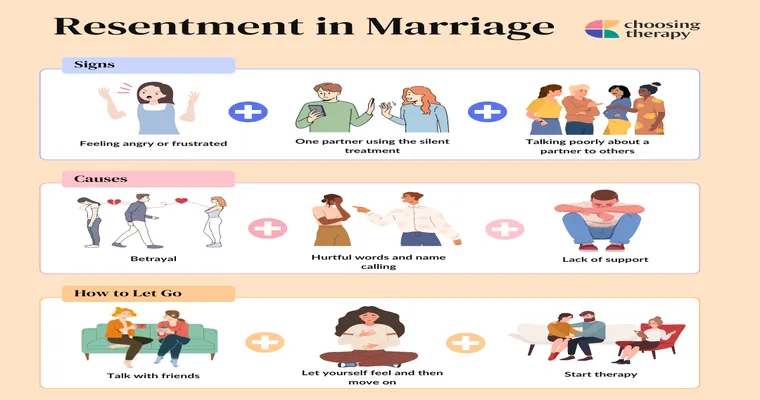Anger and resentment are "powerful emotions" that can disrupt our peace of mind and affect our relationships. Learning how to navigate these feelings is essential for maintaining emotional health and fostering positive interactions with others. In this article, we will explore effective strategies to manage anger and resentment, allowing you to regain control over your emotions and cultivate a more fulfilling life.
Understanding the root causes of anger and resentment is the first step in navigating these feelings. Often, anger arises from feelings of injustice, betrayal, or unmet expectations. Resentment typically develops when we feel wronged, whether by another person or by circumstances beyond our control. Acknowledging these underlying issues can help you address them more effectively.
One crucial strategy for managing anger is "mindfulness". Practicing mindfulness involves being fully present in the moment and observing your thoughts and feelings without judgment. This can help you recognize when anger begins to rise, allowing you to take a step back before reacting impulsively. Techniques such as deep breathing, meditation, or journaling can enhance your mindfulness practice, providing you with tools to process your emotions constructively.
Another effective approach is to engage in "open communication". When feelings of anger or resentment build up, it is essential to express them in a healthy manner. This means sharing your thoughts and feelings with the person involved, using "I" statements to avoid sounding accusatory. For example, instead of saying, "You always ignore me," try saying, "I feel hurt when I am not included in decisions." This approach can foster understanding and help resolve conflicts before they escalate.
Setting healthy boundaries is also vital when navigating anger and resentment. Boundaries help protect your emotional well-being and ensure that you are not repeatedly placed in situations that trigger these feelings. Clearly define what is acceptable to you and communicate these boundaries to others. This can prevent misunderstandings and reduce the likelihood of future resentment.
It is important to practice "self-compassion" during this process. Recognize that feeling anger and resentment is a normal part of being human. Instead of criticizing yourself for these emotions, acknowledge them and allow yourself to feel. Self-compassion can help you move through anger without getting stuck in resentment.
Additionally, consider seeking support from friends, family, or professionals. Talking to someone who can provide an outside perspective can be incredibly beneficial. They may offer insights or coping strategies that you haven't considered. Therapy can be particularly helpful, providing a safe space to explore your feelings and learn effective coping mechanisms.
Finally, focus on "forgiveness". Forgiveness does not mean condoning someone’s actions, but rather releasing the hold that anger and resentment have over you. Letting go of these emotions can lead to a sense of freedom and peace. Start by acknowledging your feelings, then gradually work towards understanding the other person's perspective. This shift in mindset can open the door to forgiveness and healing.
In conclusion, navigating anger and resentment requires awareness, communication, and self-compassion. By practicing mindfulness, setting boundaries, and fostering forgiveness, you can transform these challenging emotions into opportunities for personal growth. Embrace the journey, and remember that managing anger and resentment is a skill that can be developed over time.





